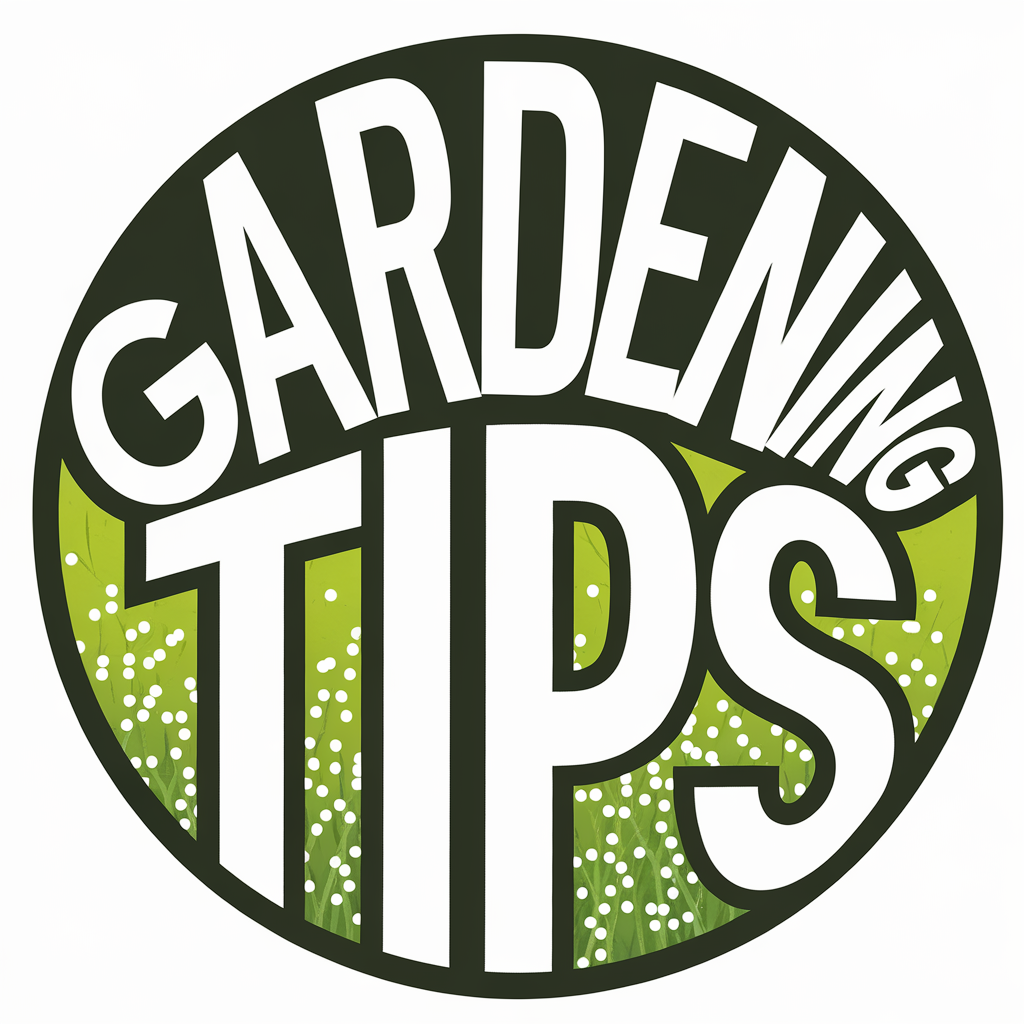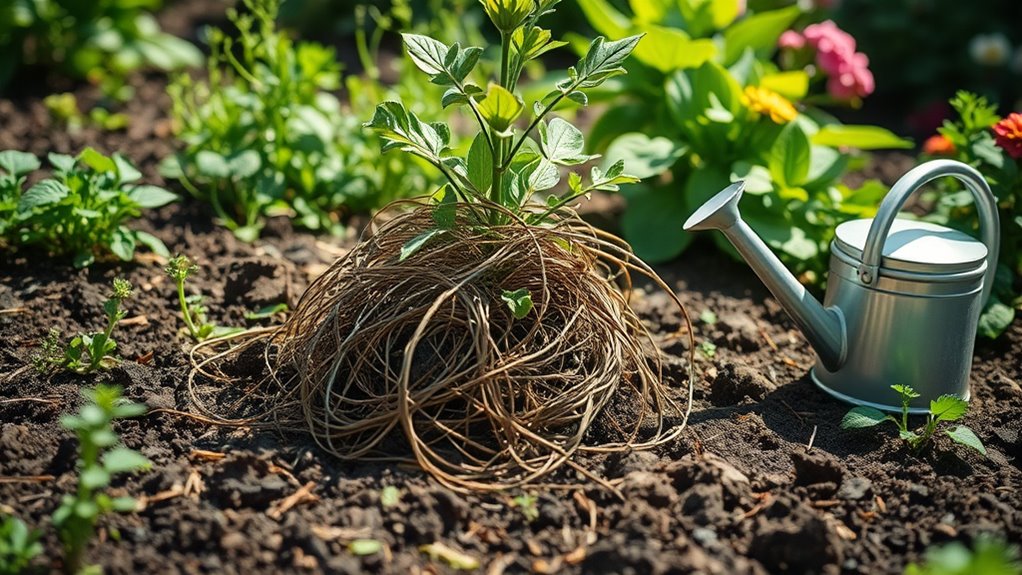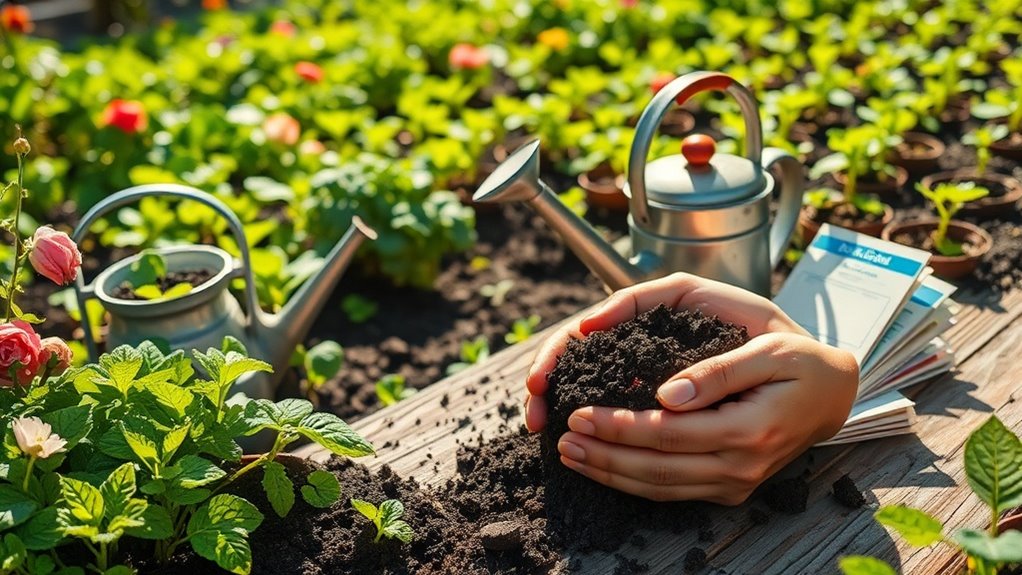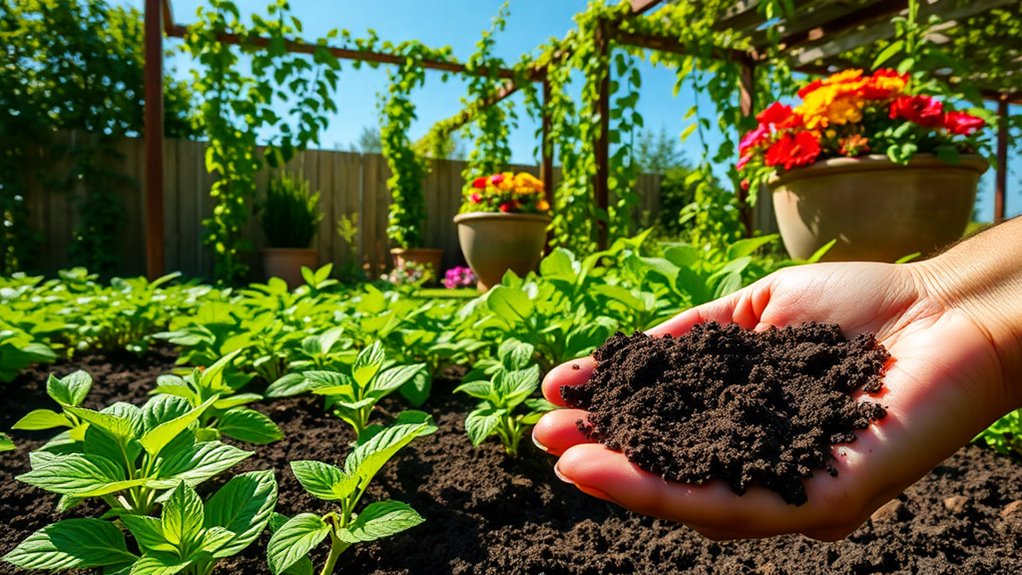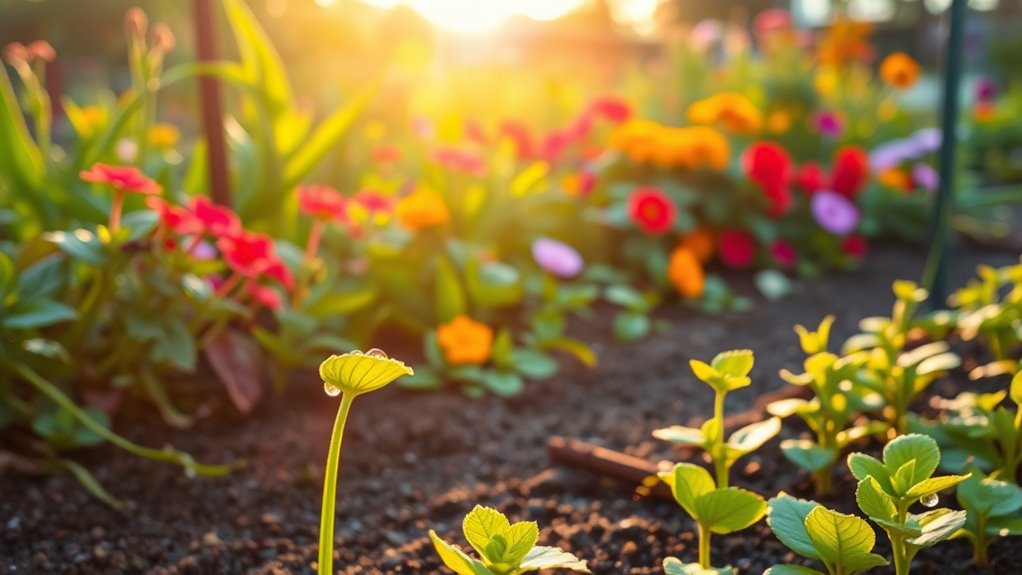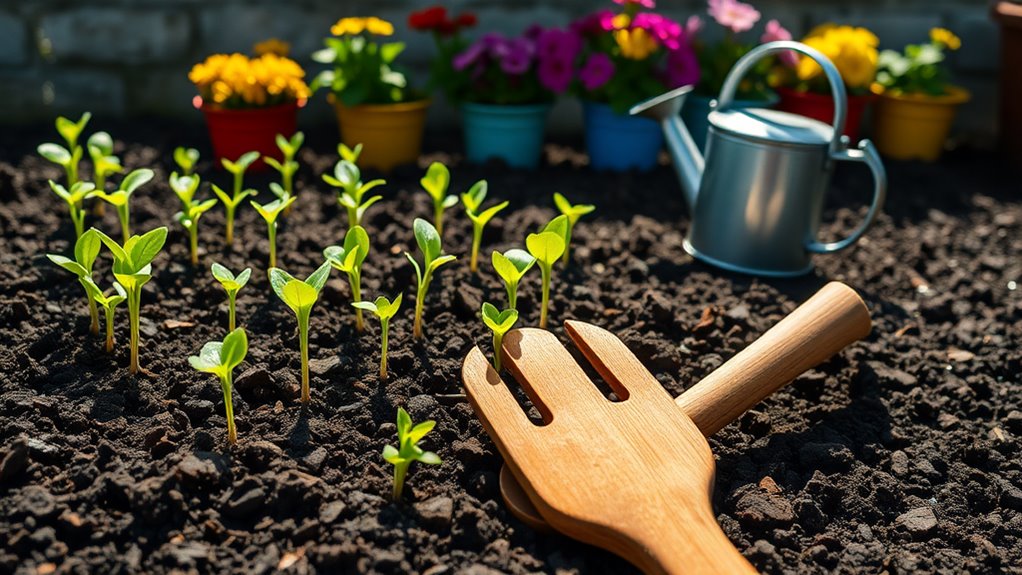What Every New Gardener Gets Wrong (And How to Get It Right)
As a new gardener, you might underestimate the dangers of overwatering, which can cause root rot and stunted growth. Ignoring soil health can lead to nutrient deficiencies that hinder your plants. Timing your planting incorrectly can limit your yield. Choosing plants that aren’t suited for your climate or soil type will only lead to frustration. Finally, neglecting pest management can quickly damage your garden. Master these key areas, and you’ll be on your way to thriving plants. Discover more essential tips for success!
Overwatering: The Hidden Danger
How often do you find yourself checking the moisture in your garden?
For beginners, overwatering is a hidden danger that can devastate your plants.
It’s tempting to believe more water equals healthier plants, but that’s not the case.
Soil saturation can lead to root rot, stunted growth, and even plant death.
To avoid this mistake, always check the top inch of soil before watering.
Use a moisture meter for accuracy if needed.
Remember, well-drained soil and proper watering techniques are essential for thriving gardens.
Mastering moisture control is essential in gardening for beginners, ensuring your plants flourish instead of floundering. Additionally, understanding the signs of overwatering is crucial for preventing damage to your plants.
Ignoring Soil Health
What good is a beautiful garden if the soil beneath it’s unhealthy?
Healthy soil is the foundation of vibrant plants; it provides essential nutrients, retains moisture, and supports beneficial microorganisms.
If you ignore soil health, you’re setting your plants up for failure.
Test your soil for pH and nutrient levels, and amend it with organic matter like compost to improve structure and fertility.
Don’t just toss seeds in poor soil and hope for the best.
Instead, invest time in understanding and nurturing your soil. Soil testing can help identify specific deficiencies and guide your amendments.
It’ll reward you with a flourishing garden that thrives season after season.
Planting at the Wrong Time
When’s the best time to plant your seeds?
Timing is vital for a successful garden. Planting too early or late can hinder growth and yield. To maximize your success, consider these key factors:
-
Frost Dates: Know your local last frost date; it determines when to start seeds indoors or sow directly outside.
-
Seasonal Conditions: Understand your climate; some plants thrive in cooler temperatures, while others prefer warmth.
-
Plant Growth Stages: Different plants have unique growth timelines; research each variety to guarantee ideal planting times. Additionally, mastering herb timing can significantly enhance the flavors of your culinary herbs.
Get timing right, and you’ll set the stage for a flourishing garden!
Choosing Inappropriate Plants
Have you ever considered how choosing inappropriate plants can derail your gardening efforts?
Selecting plants that aren’t suited for your climate, soil type, or sunlight conditions can lead to frustration and failure.
Researching native species or those adapted to your region guarantees better growth and resilience. Additionally, understand the mature size and spread of plants to prevent overcrowding. If you’re drawn to exotic varieties, be cautious—they may require more care than you’re prepared to give. To simplify your choices, consider starting with low-effort plants that thrive in various conditions and require minimal maintenance.
Neglecting Pest Management
Neglecting pest management can spell disaster for even the most well-planned garden.
Without proper oversight, pests can quickly decimate your hard work.
Here are three essential strategies to keep in mind:
- Regular Monitoring: Check your plants weekly for signs of pests, such as discoloration or holes.
- Beneficial Insects: Introduce natural predators like ladybugs and lacewings to help control harmful populations.
- Organic Solutions: Use neem oil or insecticidal soap to target pests while safeguarding your plants. Additionally, consider utilizing unconventional remedies like diatomaceous earth or garlic spray to deter pests effectively.
Taking these steps will help you maintain a thriving, healthy garden, ensuring that pests don’t become your worst enemy.
